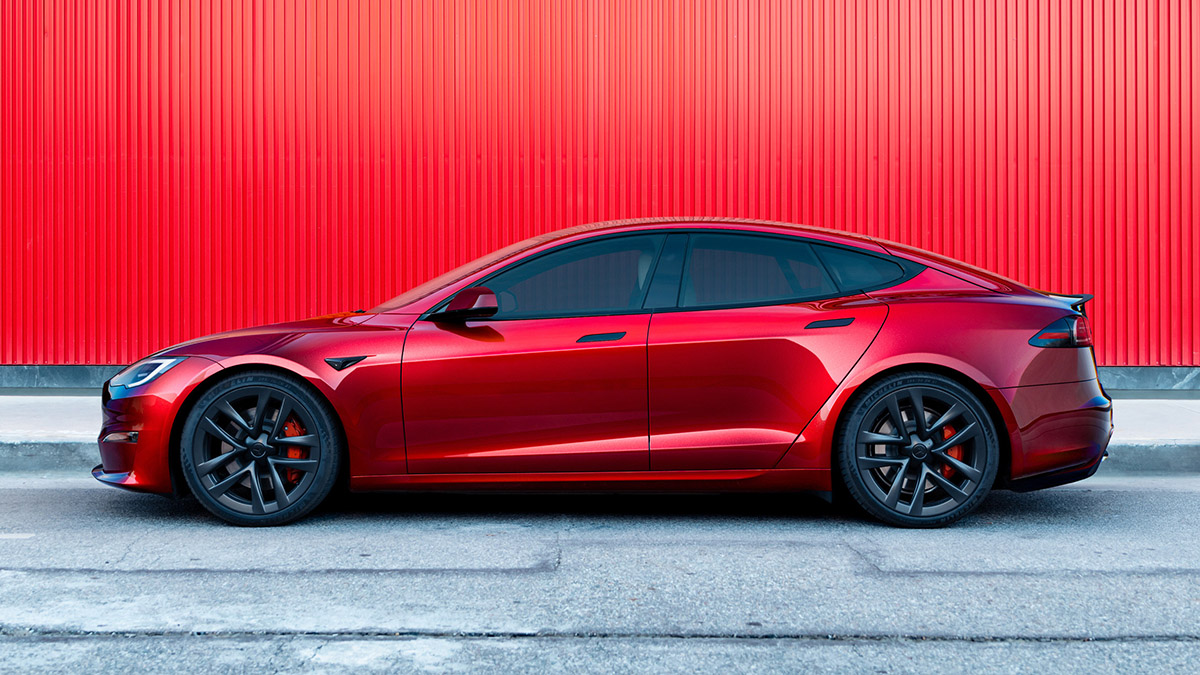The federal government’s $7,500 tax credit program for electric vehicles (EVs) and plug-in hybrid cars has long been confusing to consumers. It offers the full tax credit on the first 200,000 EVs or plug-in hybrids each automaker sells. That leaves consumers searching for automotive sales numbers to figure out whether they’ll qualify for this incentive.
It also means that the most successful electric vehicles become dramatically less attractive purchases. If the goal is to reduce greenhouse gas emissions by encouraging car buyers to go electric, proponents believe you don’t do that by penalizing the most popular models.
Representative Mike Thompson (D-CA) and Chairman of US House Ways and Means Subcommittee on Select Revenue, has introduced a bill to raise the cap to 600,000. The Growing Renewable Energy and Efficiency Now (GREEN) Act would reduce the maximum subsidy to $7,000 (the maximum tax break exists on all-electric vehicles, decreasing for hybrids based on how much work the gasoline engine of the car does).
The act would also try to boost used EV sales. It includes a $2,500 tax credit on used EV sales, provided that the vehicle is at least two years old, and the sales price is less than $25,000.
The GREEN Act does not yet have a Senate counterpart, making it hard to evaluate its chances of becoming law. But, we’ll note, the Biden administration has come out heavily in favor of vehicle electrification, promising to replace the entire federal fleet of more than 600,000 cars with American-built EVs.








